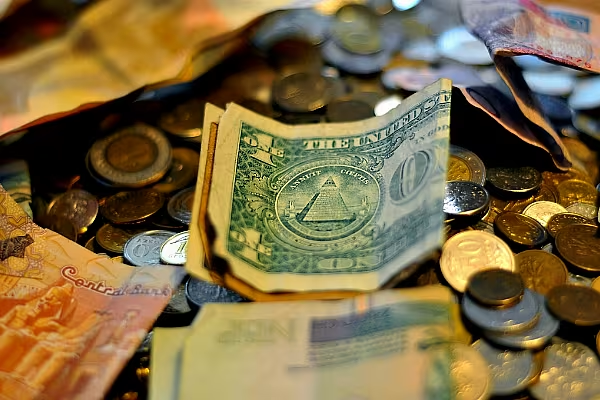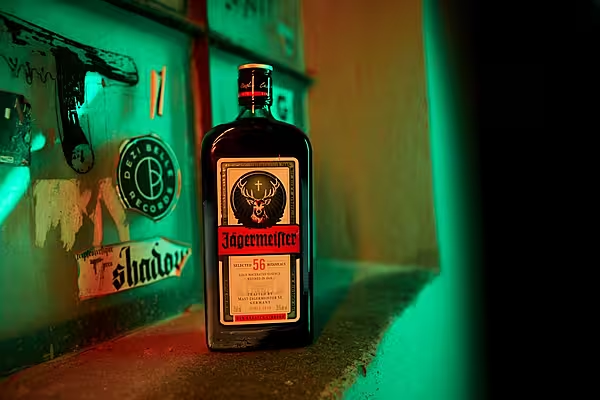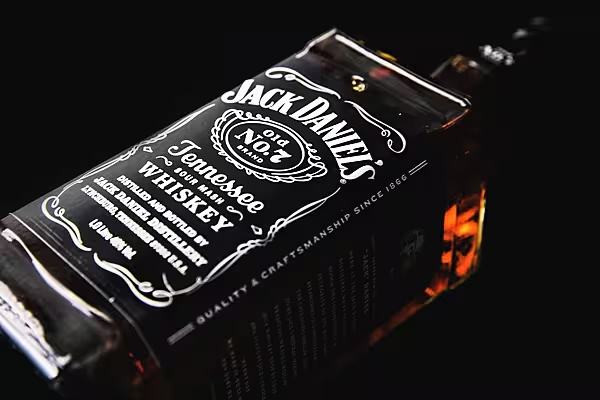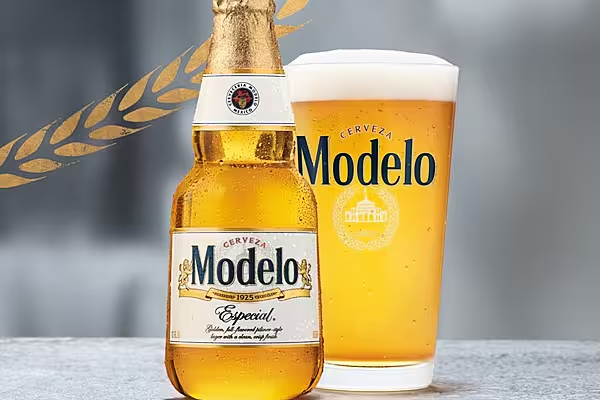Zimbabwe's largest brewing company Delta Beverages, part-owned by Anheuser-Busch Inbev, said it has abandoned a plan to only accept hard currency payments to cope with a crippling shortage of US dollars, after the government intervened.
Delta Beverages announced on Wednesday that it would only take payments in US currency and would no longer accept electronic dollars known as 'Zollars', or a quasi-currency known as 'bond notes', amid a severe shortage of hard currency in Zimbabwe.
However, the country's commerce minister said on Thursday that the government opposed the plan and Delta, 40% owned by Anheuser-Busch Inbev, scrapped the plan following a meeting with senior politicians and reserve bank officials.
"Delta withdraws the notice to sell its products exclusively in hard currency, in the spirit of the multi-currency framework," Delta and Zimbabwe's reserve bank said in a joint statement late on Thursday.
The reserve bank said it would endeavour to provide the foreign currency required to ensure that Delta continues to trade "on the current basis".
In a separate statement on Friday, Delta said shortages of its products, particularly soft drinks, would persist while the arrangement gets underway.
Foreign Investors
Zimbabwe's currency crisis is undermining President Emmerson Mnangagwa's efforts to win back foreign investors who were sidelined under his predecessor Robert Mugabe.
Zimbabwe abandoned its currency in 2009, adopting the US dollar in an effort to tame hyperinflation, but a severe shortage of physical notes has seen dollars in bank accounts lose value compared with cash.
Companies such as Delta have been left struggling because they have to spend US dollars overseas, but their takings consist of Zollars or 'bond notes', which are worth far less.
Zimbabwe began issuing 'bond notes' in late-2016 in an effort to ease the worsening cash crunch. The quasi-currency was supposed to trade in parity with the US dollar but it wasn't long before it devalued sharply on the street.
As inflation shot up, the reserve bank in October ordered banks to separate dollars and the electronic "Zollars' in customer accounts, effectively recognising the country has two currencies.
That spooked investors and Zimbabweans panicked amid acute shortages of fuel and basic goods, piling pressure on Mnangagwa as he attempts to rebrand Zimbabwe after decades of international isolation under Mugabe.
News by Reuters, edited by ESM. Click subscribe to sign up to ESM: European Supermarket Magazine.














